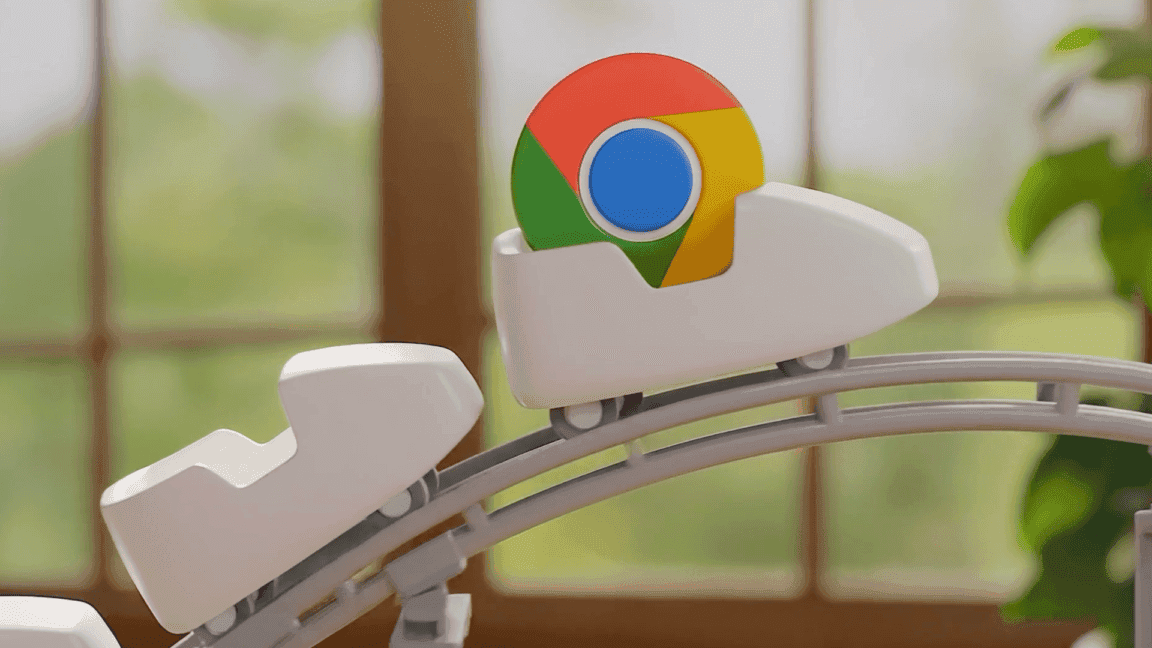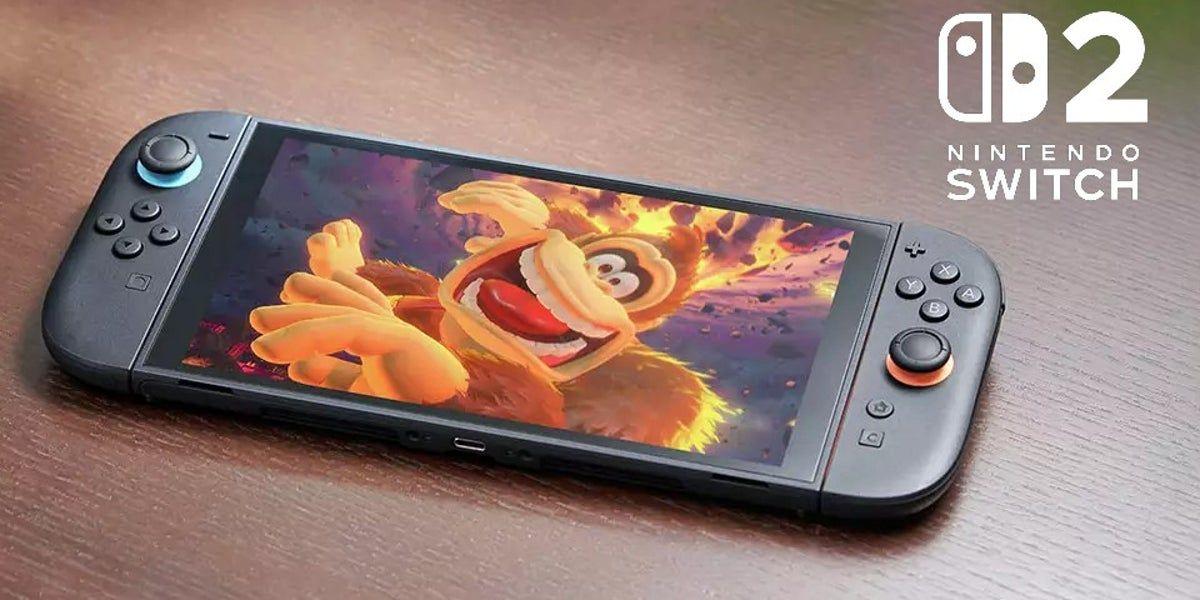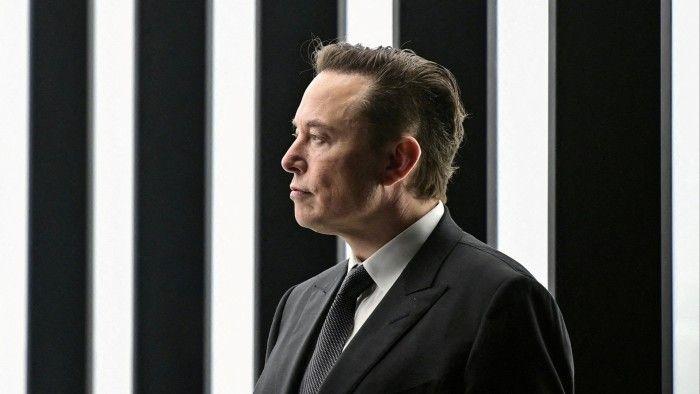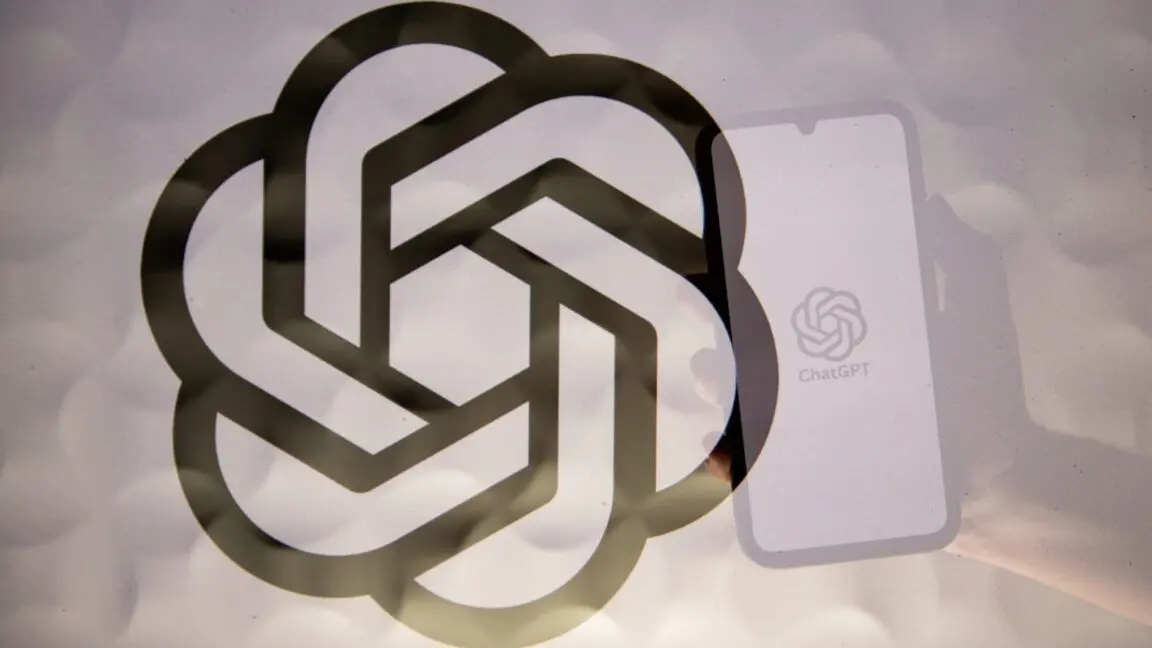Smash Bros. Creator Masahiro Sakurai Calls for Change in Game Development, Suggests AI as Solution
3 Sources
3 Sources
[1]
"We must change our methods": Smash Bros. director Masahiro Sakurai says game development has become "too time consuming and unsustainable"
Kirby and Super Smash Bros. creator Masahiro Sakurai has spoken about the current state of game development and why he believes it is becoming "unsustainable." You rarely hear much about developers when it comes to Nintendo games, but Masahiro Sakurai is well known as a workaholic. From 2012 until 2021, he worked on Super Smash Bros. non-stop between the 3DS, Wii U, and Switch editions, in the midst of suffering from calcific tendonitis. And in the five months he had off in between finishing up with Super Smash Bros. Ultimate and his then-unknown next project - which was revealed to be Kirby Air Riders in the Nintendo Switch 2 Direct - he created two-and-a-half years' worth of content for a YouTube channel. However, even Sakurai is beginning to think large-scale development is getting to be a bit wild, as we're currently in an era where it looks like developers like Naughty Dog will end up going a full console generation without a new game. Speaking to Yahoo Japan (translated via Source Gaming), Sakurai responds to a question asking what he believes the future of the gaming market holds, saying that, "To be honest, it's hard to see what the future holds. I think we've reached a point where creating large-scale games like we do now is too time consuming and unsustainable." He says developers must adapt to new ways of thinking: "I believe we are at a stage where we must change our methods, such as by using generative AI to improve work efficiency." Sakurai adds, "It seems that only companies that can adapt well to these changes will survive in the coming era." While Sakurai presents generative AI as a tool that could be used to ease game development troubles, he doesn't clarify if it's something he himself is particularly interested in using. Given how Sakurai's games typically have a ton of personal touches where you see them and think, "yep, that's a Sakurai thing," I'd be shocked if he started using the plagiarism machine.
[2]
Super Smash Bros. Creator Masahiro Sakurai Says Large-Scale Development Is No Longer Sustainable, But Generative AI Can Help
Super Smash Bros. series creator Masahiro Sakurai thinks that generative AI can help in a time when large-scale development has become unsustainable for various reasons. Speaking with ITmedia, the creator of one of the most beloved Nintendo franchises ever made commented on the current game development landscape, saying that large-scale development is increasing in size, and is now time-consuming and unsustainable, so much so that Sakurai-san feels that things cannot continue the way they are. Game development has to change, and one of the solutions to this issue is using generative AI, which can be used to improve efficiency. Ultimately, according to Sakurai-san, we have reached an era where only companies that can adapt to this sustainability problem can survive. While Masahiro Sakurai's statement could be interpreted as a full-on endorsement of the use of generative AI in game development, ResetERA forums member sprsk provided a bit of context related to the Japanese game development landscape. According to the user, the talent pool in Japan is getting smaller and smaller, and so there are not enough developers to sustain large-scale development, thus, using generative AI could help in a scenario where there are not enough developers. The user added that hiring from overseas could be a solution, but the language barrier will always be a problem, making it difficult to fill the gaps in talent in Japan this way. This isn't the first time a high-profile Nintendo developer, such as the Super Smash Bros. series creator Masahiro Sakurai, has commented on generative AI use in game development. Last year, Mario creator Shigeru Miyamoto weighed in on the matter, highlighting how Nintendo tends to go the opposite direction the industry as a whole goes, directly referencing the AI craze that is increasingly threatening jobs in game development.
[3]
Super Smash Bros. Creator Masahiro Sakurai on His Working Style, the Changing Industry, and 'Unsustainable' AAA Development - IGN
"The only effective breakthrough I can think of at the moment is generative AI." Back in March this year, game industry veteran Masahiro Sakurai received a lifetime achievement award at the 30th AMD awards. In an interview by ITMedia Business Online conducted at the time (recently republished on Yahoo Japan), Sakurai revealed why he doesn't hire people, reflected on how the games industry has changed, and touched on the potential use of generative AI in development. Sakurai is best known as the creator behind two of Nintendo's big franchises, Kirby and Smash Bros. After working at game dev studio Hal Laboratories from 1989 to 2003, Sakurai became a freelance game creator, founding his own company Sora Ltd. in 2005. In 2022, he created the award-winning YouTube channel "Masahiro Sakurai on Creating Games," in which he shared insight and advice on all aspects of making a game. Sakurai's approach differs from that of many game creators who have gone on to form their own companies. "When a game creator becomes the president of a company, it is difficult for them to fully engage in creative activities," explained Sakurai. "There was a conflict between making interesting games and making management decisions -- the problem was that being overwhelmed by the duties of being a president made it hard to focus on the vital part, game creation." This led Sakurai to his current approach, which involves creating games without directly hiring or managing any employees. "Basically I work together with other game companies to avoid having to manage a company," Sakurai explained. "This method has worked well so far. I am able to continue being creative and concentrate on making things without becoming extremely busy running a company." However, Sakurai noted that his method is not without its challenges. Working with different game devs means that Sakurai has to "build up trusting relationships and working styles from scratch every time. So, I think it is necessary to have a certain degree of flexibility." According to Sakurai, one of the most important elements when working with a team on a new project for the first time is to make sure everyone is on the same page and has a clear, shared vision of the game. "I make sure that many members of staff can share the same information at the same time, regardless of their job or whether they are designer or programmer." Although this takes more time and planning, Sakurai said that in his experience, this approach "reduces the risk of information gaps" and misunderstandings. "Conversely, if I just conveyed my ideas to the producer, and then they assign work to various other people, then some kind of misunderstanding would occur, or even a 180 degree difference (in what was intended)." However, when asked whether his approach would be the best for the game industry as a whole, Sakurai was hesitant. "It depends on the person. As for me, I had built up a track record and trust through working on Kirby and Smash Bros. titles in the past. If you don't have this, if you don't have any track record at all, then the work won't come to you. This is a way of working that becomes possible through gaining more allies by continuing to make good games, and it is not a style of working that works well for everyone." Sakurai went on to highlight another issue in the current game industry that could make it difficult for individuals to break through as auteurs in the same way as they did in the past. "I feel like the position of game director itself is becoming rarer these days. As in, it is rather rare to find someone who, as a director, can take charge of a studio with hundreds of people," Sakurai stated. "There are plenty of people who want to make games or who are making games, but there is a shortage of game directors who can manage projects with a large number of staff." In Sakurai's opinion, the increased segmentation of game development into specialized roles is the reason for this lack of game directors with the "all-rounder" background necessary to oversee large-scale projects. "In the past, there was a trend by which people would go from being a graphics artist to a planner, and then become a director." Sakurai explained. "However today, graphics alone, for example, are divided into models, effects, textures and so on. I feel it is very difficult to develop into an all-rounder in such an environment. I feel like this increasing specialization and segmentation has resulted in a lack of directors who can see things from a broad perspective." Sakurai advised that it is important for people to understand their own individuality, and develop that accordingly. "I don't think anyone will follow the same path that I did, but I'm sure that there will be people who break through in other directions," said Sakurai. In other words, rather than trying to match or compete with the work and achievements of creators who have come before you, it is important to hone your own strengths and focus on what you can bring to the table. "I believe each creator should carve out their own path." Sakurai insisted. Sakurai concluded that both AAA projects and indie games are facing difficult situations. "I think it is becoming unsustainable to continue producing large games on the scale that companies currently do, as it requires too much work." he said, before suggesting generative AI as a potential tool for helping to solve this problem. "(...) the only effective breakthrough I can think of at the moment is generative AI. I think we are getting to the point where (AAA studios) have to change their way of working by using gen AI to improve work efficiency. I think we are in an era where only the companies that successfully respond to these changes will be able to survive." Sakurai noted that indie titles have their own challenges, one being the sheer amount of competition. "Indie games are appealing for their freedom and creativity, but they also need a lot of luck, effort, polish and stand-out elements to succeed in the market." Sakurai is currently working on Kirby Air Riders for Nintendo Switch 2.
Share
Share
Copy Link
Masahiro Sakurai, creator of Super Smash Bros., discusses the unsustainability of current game development practices and proposes the use of generative AI to improve efficiency.
Sakurai's Perspective on Game Development Challenges
Masahiro Sakurai, the renowned creator of Super Smash Bros. and Kirby, has voiced concerns about the current state of game development, describing it as "too time consuming and unsustainable"
1
. In recent interviews, Sakurai highlighted the growing challenges faced by the gaming industry, particularly in large-scale projects.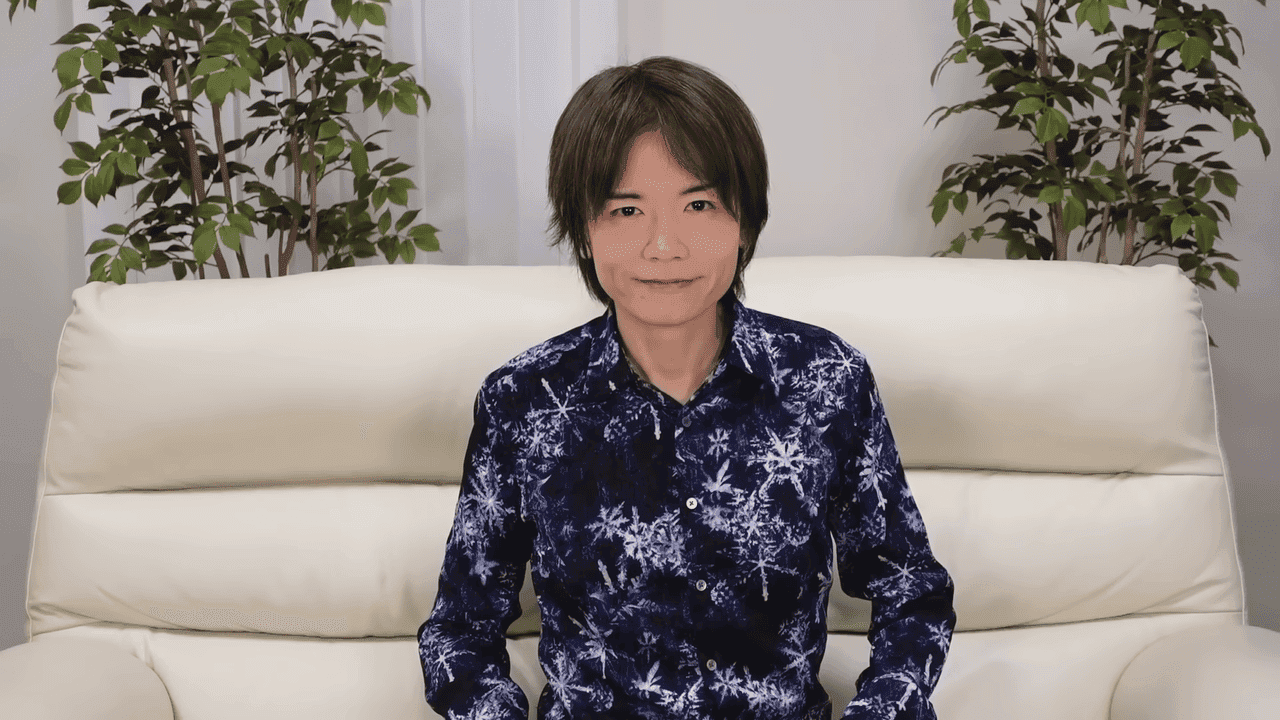
Source: IGN
The Unsustainability of AAA Game Development
Sakurai pointed out that creating large-scale games has become increasingly difficult and time-intensive. He stated, "I think we've reached a point where creating large-scale games like we do now is too time consuming and unsustainable"
1
. This sentiment reflects the growing complexity and expectations in modern game development, which often lead to extended development cycles and potential burnout among developers.Proposed Solution: Generative AI
To address these challenges, Sakurai suggested the use of generative AI as a potential solution. He emphasized, "I believe we are at a stage where we must change our methods, such as by using generative AI to improve work efficiency"
2
. This proposal indicates a shift towards embracing new technologies to streamline the development process and maintain sustainability in the industry.Industry Adaptation and Survival
Sakurai stressed the importance of adaptability in the face of these challenges. He predicted, "I think we are in an era where only the companies that successfully respond to these changes will be able to survive"
3
. This statement underscores the critical need for game development studios to evolve their practices and embrace innovative solutions to remain competitive.Sakurai's Unique Working Style
Interestingly, Sakurai's own approach to game development differs from traditional studio models. He operates as a freelance creator, collaborating with different game companies rather than managing his own large team. Sakurai explained, "Basically I work together with other game companies to avoid having to manage a company"
3
. This method allows him to focus on creative aspects without being burdened by extensive management responsibilities.Related Stories
The Changing Landscape of Game Direction
Sakurai also noted a shift in the role of game directors. He observed, "I feel like the position of game director itself is becoming rarer these days"
3
. This change is attributed to the increasing specialization within game development, making it challenging for individuals to develop the broad skill set traditionally required for directorial roles.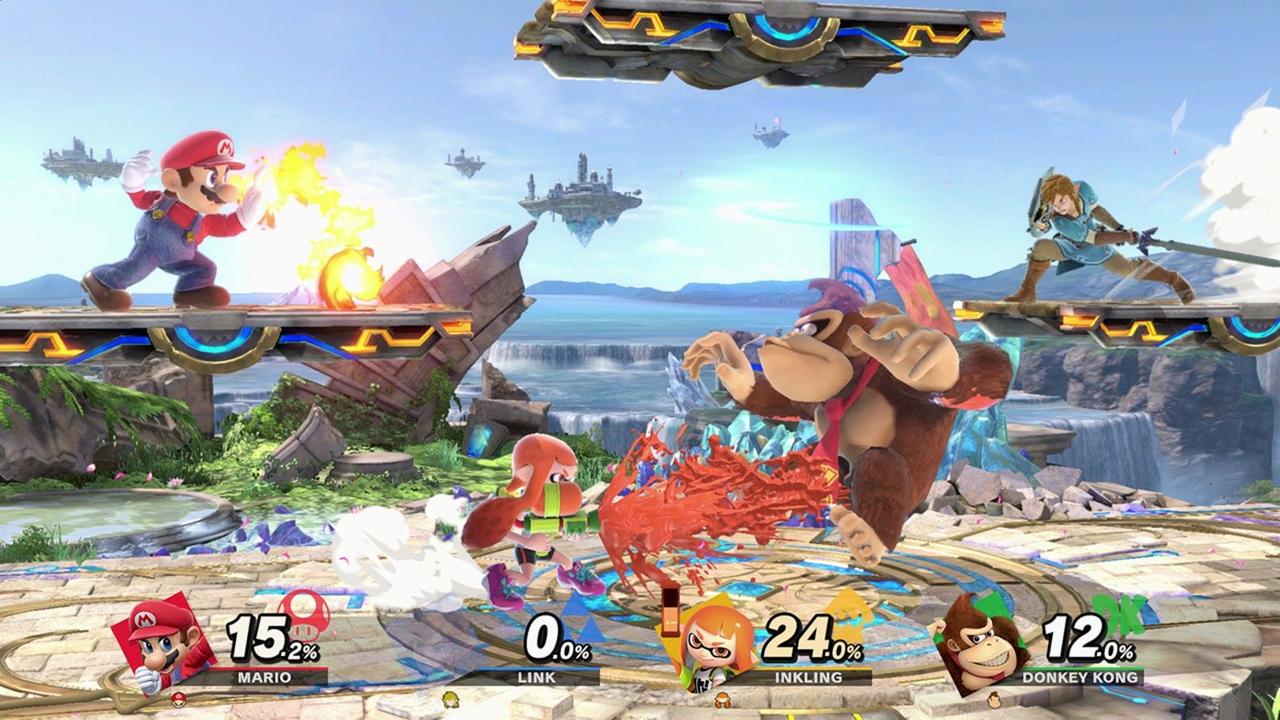
Source: Wccftech
Balancing Creativity and Efficiency
While Sakurai advocates for the use of AI to improve efficiency, he also emphasizes the importance of maintaining creativity and personal touch in game development. His own games are known for their distinctive "Sakurai" elements, suggesting a delicate balance between leveraging new technologies and preserving unique creative visions
1
.As the gaming industry continues to evolve, Sakurai's insights provide valuable perspective on the challenges and potential solutions shaping the future of game development. His call for adaptation and innovation resonates in an era where the sustainability of large-scale projects is increasingly under scrutiny.
References
Summarized by
Navi
Related Stories
Recent Highlights
1
Elon Musk merges SpaceX with xAI, plans 1 million satellites to power orbital data centers
Business and Economy

2
SpaceX files to launch 1 million satellites as orbital data centers for AI computing power
Technology

3
Google Chrome AI launches Auto Browse agent to handle tedious web tasks autonomously
Technology
